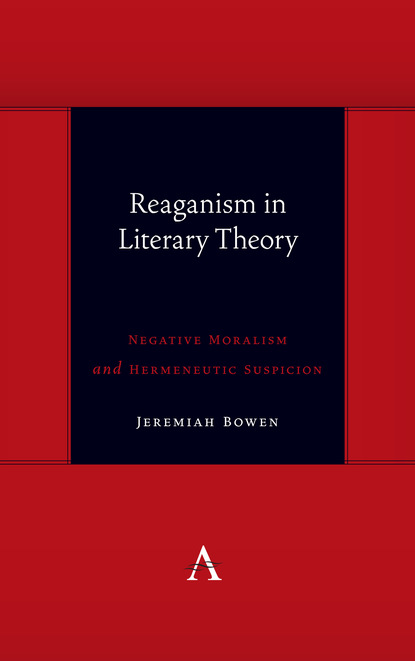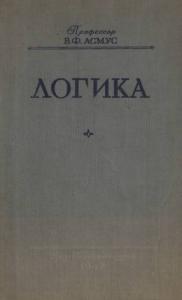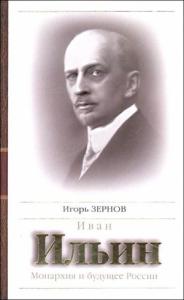
Reaganism in Literary Theory скачать fb2
Jeremiah Bowen - Reaganism in Literary Theory краткое содержание
Reaganism is a discourse of devotion and disqualification, combining a neoliberal negative theology of the market with a neoconservative demonization of opponents. Reagan’s personality cult shelters the aggressivity of a war of all against all by representing the market as a moralistic standard of perfection, a representation of goodness and freedom. In literary theory and criticism, a homologous valuative system centered itself on the canon, representing culture as a study of perfection. Paul de Man argued for the displacement of this positive moralistic reference, but his proposals ultimately replace it with a negative moralistic reference to literariness. De Man’s premises have been perpetuated in subsequent theory by persistent misrecognitions of dialectic as suspicious hermeneutics, of materialism as reference to materiality, and of demands for democratic equity as identity politics. Tracing this motivated reasoning through misreadings of Eve Sedgwick’s critique of conspiracy theory and Edward Said’s “secular criticism,” we are led back to the unexamined premises of Paul de Man’s negative moralism and the opportunistic competition of academic careerism.
Скачать книгу «Reaganism in Literary Theory» Jeremiah Bowen
Чтобы оставить свою оценку и/или комментарий, Вам нужно войти под своей учетной записью или зарегистрироваться



